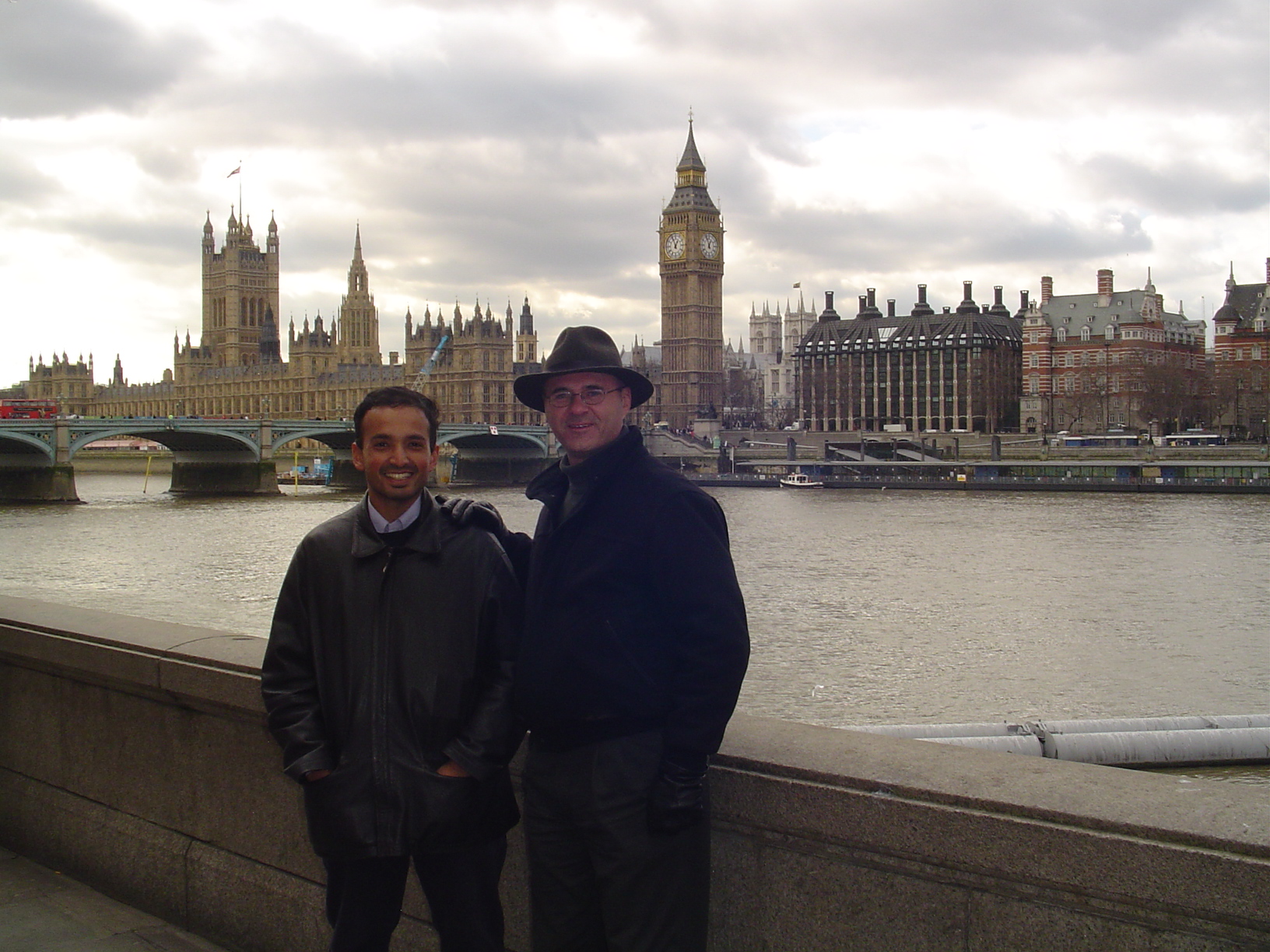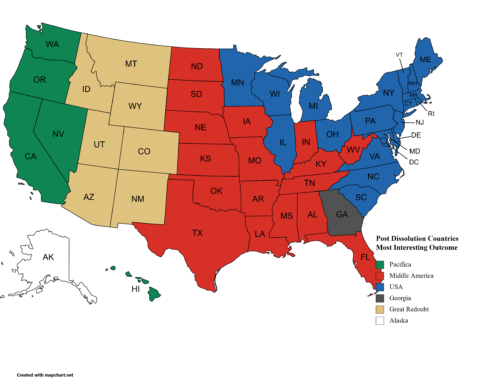How odd that the Washington Post said that the biggest “threat” to the European Union is the will of the people. The Brussels technocrats who have steadfastly maintained a distance between themselves and the people of the member countries all for the ostensible betterment of those people through routine and predictable rules of commerce and relations may soon find themselves out of work. The British populace did not create the tide that is threatening the European Union as well as markets and retirement funds around the world. It exposed the tide to elites who were too distant from the people to see it.
In principle, the EU is a good thing. A supranational structure that removed potential volatility from international relations by making routine the trade, transactions, free flow of goods and services that ensure stability over the long term and thus reduce uncertainty and hedging make for a more peaceful and prosperous region. And on some practical level, not merely abstract, it is good to make the technocrats that think about, research and set policy have some separation from the voters who can upend it with a change of political parties in a country’s ruling government. If not, then that stability would be gone as everyone else would hedge their bets and hold back some transactions to see if every government of every member state could be trusted after each election. So some predictable rules and processes that aren’t subject to election cycles are good.
But there has to be a balance between routine and predictable trade and the will of the people that put such systems into place. When the very technocrats that the people put in place to smooth the rough edges become elites disassociated from the people, and in fact look down on the people as not intelligent or worthy enough to have a say in their own governance, then there come a time for those elites to be awakened by the people themselves. And this is exactly what has happened in Europe. Not just Great Britain, but all over Europe.
Distrust of elites seems to be at a peak in the historical cycle of ebb and flow of elite vs. popular power. The US has seen the same cycle of populism throughout it’s history that Europe has in the past 250 years. it is true that when the people take back from elites what they once allowed the elites to have, the result isn’t necessarily better, or even good. The bloodletting of the French Revolution, the presidency of Andrew Jackson, the instability caused the Brexit vote, the current populist nationalist movements in the US and several European countries are what must be accepted as a natural consequence of elites becoming too distant from the will of the people.
And when people take back their destines from those they gave it to once before, the people often get it wrong. But we should never forget that the people have a right to be wrong. And while it may be painful in the near term, in the arc of history, that pain is very often balanced out by some movement back to a mean, a more reasonable position.
So what can we take from this situation to apply to business and governance. Lets first consider state and local governments. As James Fallows of The Atlantic has said, the best solutions are coming not from Washington, but from those governments closest to the people, namely cities and localities that are dealing with their own issues as close to the source as possible, where they talk “about the practical and the positive: what has worked, what might work better, what are the resources the community might bring to bear, what is the long-term plan.” This kind of talk is not happening in Washington, and it is not happening in Brussels. So if you’re in state or local government, from the city council to the school board, you have to be tied to the people you represent and serve.
In the business world it is the same lesson. Be careful to serve your client, to maintain the balance between the expertise you are hired for (they hired you because they couldn’t do it better themselves) and the very real desires of the client to have some measure of control over that for which they pay. So if you tell your clients that they couldn’t possibly know what you’re doing and therefore need to leave you to do your job, you ought to be fired.
It seems to me so simple that populism can be averted and perhaps even channeled to the ends that the elites would likely have put in place anyway by merely speaking with the people who have the most interest in the policies. President Clinton was mocked by many Republicans because he seemed to care about each individual that spoke with him. But he really did care and he used that caring to go about what he was going to do anyway. Secretary Clinton is having difficulty because so many people see her as a disconnected technocrat who is far removed from the people she would be leading. Donald Trump has a small but devoted following largely because a sizeable segment of the population wants to punish elites for not taking their interests seriously, even if it means voting for someone they find morally and politically questionable.
Seek balance in life, work and governance. Be close to those you represent or work to support. If you hire out someone to do work for you and they seem to be straying from your vision, remind them gently that they work for you. If they persist in telling you that you’re not qualified to have a say in your own operations, then fire them. Same goes for your elected or appointed officials. You have a right to be wrong, but you may end up being right in the end.






Leave A Comment